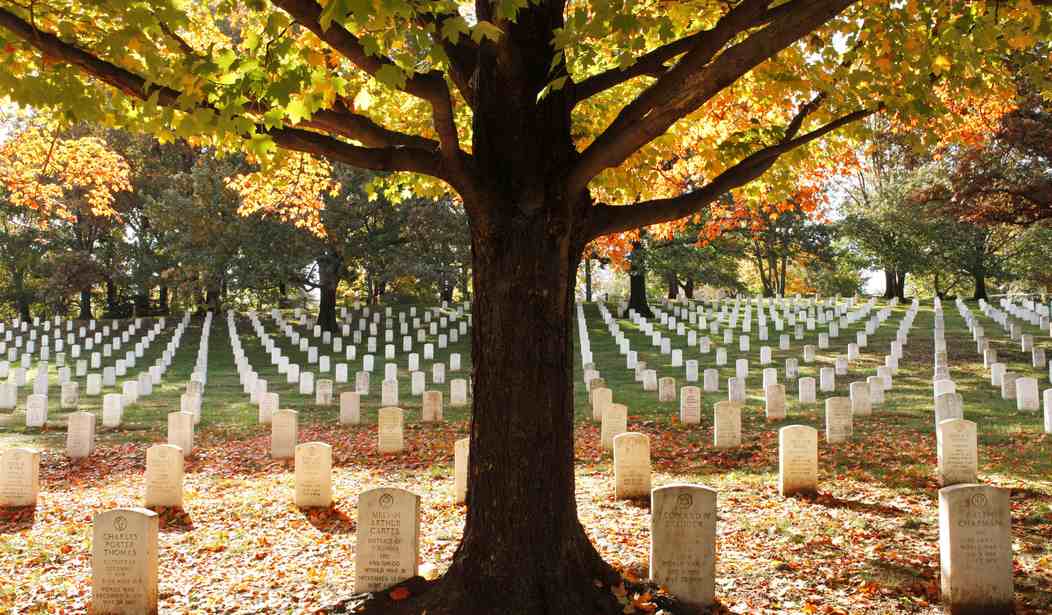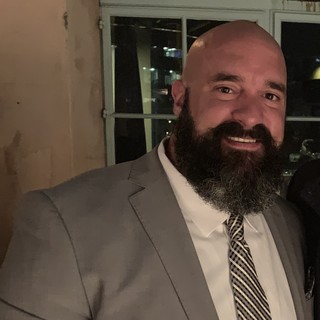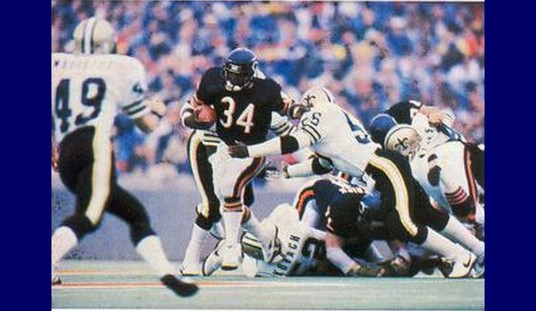On Thursday, Los Angeles County Deputy Sheriff Ryan Clinkunbroomer was laid to rest. His funeral service comes roughly three weeks after he was ambushed and executed while in his radio car when he stopped at a red light. Although I did not know the man very well, nor did I ever work with him, his death felt just as tragic to me as if I had because I've been a member of that department and once worked at the same station. It affected me deeply because we had mutual friends. I mourn with them. Putting someone to rest, planning their funeral, and being there in someone's last moments is excruciatingly painful.
Having been through this before, I started to think of all those that I have lost over the years. Lost not from diseases, tragic accidents, or (thankfully) crimes; no, I am talking about those men who made the decision to take their own lives and leave this world behind. I have wanted to talk about the issue for quite some time, but I have never really had the right opportunity or this platform where so many people are able to read about it. More importantly, I lacked the courage to speak about it openly until now.
Suicide is a very sad reality in this world, and though some say that it allows a merciful end to someone's suffering, I say it may end one person's suffering, but it starts a lifetime of pain for the other people in their lives. Suicide is a touchy subject for sure; it is for me especially because I have gone all the way to the edge of the cliff, and somehow, I didn't listen to the devil on my shoulders all those times—except once. One time, I was so angry and disappointed with myself that I pressed the pistol so hard against my forehead that I pushed the slide out of battery, so when I pulled the trigger, it went click instead of bang. It was right then that I looked at my gun in horror, and I unloaded it right as my wife came in and saw me. I lied to her and said it wasn't loaded and I wasn't really going to do anything, but she still made me take it apart and put it away in the safe. I had already texted a few friends of mine to say goodbye, and I went to bed without getting back to let them know that I was okay.
I was woken up by my phone blowing up with them and my brother trying to get ahold of me to ask if I was all right.
This was one of the lowest moments in my life, and I look back on that day with horror and regret. Because I see my wife and sons' faces and think I actually tried to abandon them because I was too weak to face my own problems. I try my hardest to do the very best for my family, I love my wife and two sons more than anything in this world. Why the f**k would I do something like that to them after all we have been through; why would I let them suffer for the rest of their lives, blaming themselves for my failures?
I am one man out of millions of Americans who struggle with the same issue every day. Several of them are successful at leaving their worlds behind; thankfully, most are not. However, people like me, Veterans—we're a little different. We have the distinction of being the source of one of the worst statistics, namely the tragically high Veteran suicide numbers. The common figure you hear is 22 a day. In reality, the number, according to some, is more like 30 or 40 a day. I want to try and explain why I think that is true and why I think we have this problem in our community.
My time in the Marine Corps, as I have written, was an experience that I can't imagine my life without. My journey had ups, downs, lefts, and rights—hell, it had all kinds of directions. But it made me the man I am today, and for that, I can only be thankful.
My service can be summed up by saying that those were some of the best and worst days of my life, but something that I would do again in a heartbeat.
I was what I like to refer to myself as the world's "okayest Marine." I was nobody special, I wasn't a SEAL or Delta Operator, I was merely an average guy who carried a rifle, sometimes a machine gun (I hated the pig), but I served my time, and I stayed out of trouble. I did my time in combat, as did thousands of other combat arms guys. Everybody's experience is different, but we all deal with the same thing when we get out of the military. Loss. As you can see here in this clip of the Shawn Ryan Show, Former Delta Force Operator Tyler Grey explains it perfectly:
When I got out, the process for "becoming a civilian again" was by all measures pathetically poor. I took what were referred to (not sure if they changed the name) as TAPs classes, which stood for the Transition Assistance Program. This class was three days long, and what they did was throw all the Marines and Corpsmen who were getting out into one room and attempted to tell us how to act. There were Captains, a Major, four Gunnery Sergeants, two Sergeants Major, and the rest of us (roughly 25) were Sergeants and below. We were told to address each other by first name only, and you can imagine the complete insanity I and others felt addressing a Major, let alone a Sergeant Major, by their first name. To be honest, the classes were a blur to me. I was already apprehensive about getting out, and I was concentrating on not making any mistakes.
So, for the next three days, some Marines were teaching other Marines and sailors how to be and act like civilians again. I had to learn how to put behind me the five years of being trained to be anything but a civilian. For the past five years, I had eaten with, showered with, slept with, trained with, drank with, fought with, and went to combat with the same group of guys (for the most part). My relationship with most was average, some closer than others, and some who I hated with a passion, but we were all one big family. There is a saying that is almost always quoted incompletely and, if shortened, means something completely opposite of what it really means. The partial quote is, "Blood is thicker than water," which implies that your blood family is closer and tighter than your friend group. But the full proverb says the opposite:
The blood of the Covenant is thicker than the water of the womb.
This means that relationships and bonds made of your own choosing can often be much more fulfilling, meaningful, and close than those gained by the blood of family. I need to be perfectly clear; my brother is and always will be my hero, my everything. However, the bonds of brotherhood from those I served with are just as equally close, and in some cases, it is often with these brothers that I can speak of everything. I went to war with these men, we did things that only we would understand, our humor is different, darker in several cases, we speak differently and show affection in ways that would make a civilian cringe.
In this video, journalist Sebastian Junger explains probably better than I could at this point about a Veteran's struggle when they come home and the complexities of it all:
So, after these TAPs classes, I got my DD214 (the discharge paperwork that every military member gets when they get out) in hand, got into my car, and started my three-hour drive home. I made it all but 20 miles before I had to pull over and cry, and I didn't stop for 10 minutes. And when I was done, I mentally berated myself for being a "pussy." I yelled at myself to suck it the f**k up and get it together. When I got home to my then girlfriend (later my wife), I pretended like nothing had happened and walked in with two seabags full of clothes and my computer. Everything I owned, I was carrying on my back, and it hit me again. I have nothing, and I have no one. I lost my brothers and my friends, I lost my job, I lost my home, I lost everything. In a matter of three days, I had everything that gave me my identity and my purpose in life stripped away from me and was sent home with a figurative wave and smile. Yes, I decided to get out, with some heavy influence from my family, but I ultimately made that decision. What followed was roughly a year of massive depression and suicidal thoughts. Like a drug addict, I fought the urge to re-enlist, or to take the offers of contracting overseas, anything to put me back in the fight.
Combat is the ultimate adrenaline rush—there is no synthetic drug or activity that can match it. And I was currently jobless, living in my girlfriend's friend's townhome, wondering what the hell I was going to do now.
More to follow in Part 2 of this series.















